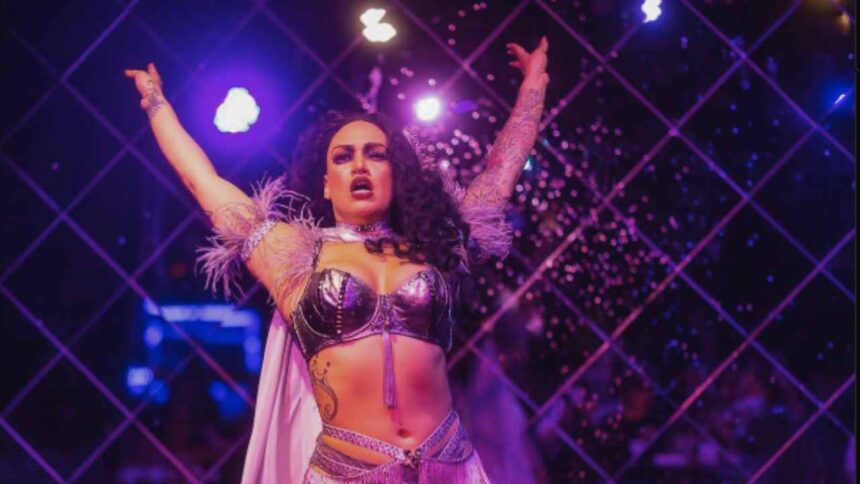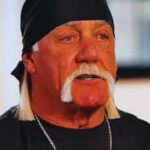Shaul Guerrero, known in the wrestling world as Raquel Diaz, recently spoke candidly about her battles with an eating disorder, the pressures of the industry, and her journey of self-discovery. As the daughter of wrestling legend Eddie Guerrero, Diaz faced immense expectations and unique challenges in her attempt to carve out her path in professional wrestling. In an interview with “Developmentally Speaking,” she shared her story, shedding light on the harsh realities she faced during her training and early career.
A High-Pressure Environment
Raquel Diaz described her wrestling training as a high-pressure environment, heavily influenced by the industry’s view of women at the time. “I had a lot of demons in my younger life, and I still do now,” Diaz admitted. “We were still the ‘let me up’ match, we were still doing bikini contests instead of wrestling, we were still doing dance contests instead of wrestling.”
Despite training as rigorously as the men, Diaz and her fellow female trainees often found themselves participating in bikini contests rather than matches at the end of the week. For someone with a pre-existing eating disorder, this exacerbated her struggles. The pressure to conform to the idealized image of “the most beautiful women in the world” only fanned the flames of her disorder.
A Journey of Self-Discovery
Despite the challenges, Diaz views her wrestling experience as a journey of self-discovery. “I’m happy how it happened. I grew up; I think WWE had me grow up in a lot of ways,” she reflected. Through her trials, she learned about the good, bad, and ugly aspects of her character.
Diaz also recounted the frustrations of the main roster call-ups, which were often based on WWE’s need to fill specific roles rather than merit. “It would be hard when, sometimes, you know, somebody that’s maybe been there for three months and barely has any training gets called up while others who have been cutting their teeth for years don’t,” she said. However, she took it in stride, comparing it to casting in show business.
Changing Landscape for Women in Wrestling
Diaz expressed relief that the landscape for women in wrestling has evolved. She criticized the narrow physique requirements for female wrestlers during her time, where women had to be either extremely thin or extremely muscular. “You were either the model or the monster,” Diaz explained. She never fit into either role, but she is glad to see that things have changed.
Living Up to a Legacy
Eddie Guerrero left behind a monumental legacy in wrestling, and while some might have expected Raquel Diaz to fill his shoes, she never aimed to do so. “I wasn’t feminine enough — AKA I wasn’t losing enough weight. And also, I wasn’t Latina enough for what they wanted,” she revealed. Diaz rebelled against these expectations, focusing on her strengths in promos rather than trying to match her father’s wrestling prowess. “I know I’m no Eddie Guerrero, and that is okay because nobody’s Eddie Guerrero,” she said.
Creative Freedom and Setbacks
Despite the challenges, Diaz found creative freedom in her character work, thanks to the trust of Dusty Rhodes. She recalled, “They were just kind of like, ‘Okay, you’re gonna be this Lady Gaga bch. And like you’re gonna run this tour and you’re gonna put lipstick on people’s faces after you win, and be like loser,’ and I was just, ‘Fk yeah!'” However, her momentum was halted when a stint in rehab due to her eating disorder forced her to take a break, delaying her main roster debut.
Stephen’s Insight
Raquel Diaz’s story is a powerful testament to resilience and the importance of self-acceptance. Her experiences highlight the pressures female wrestlers faced in the past and the significant strides the industry has made towards inclusivity and diversity. Diaz’s journey, filled with personal battles and professional challenges, underscores the need for mental health support and a more humane approach to training and development in the wrestling world.




